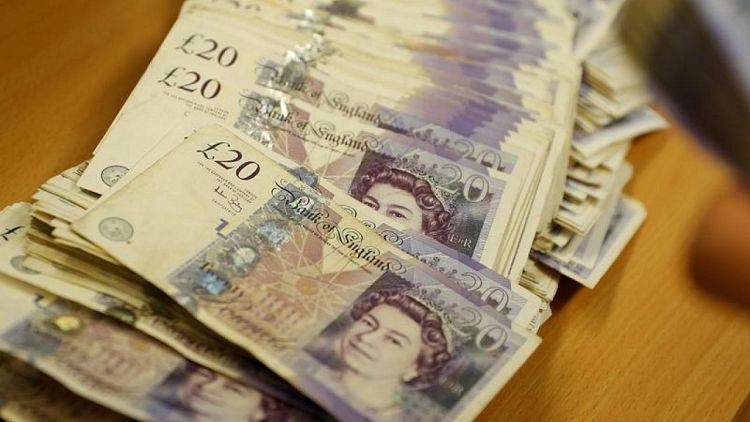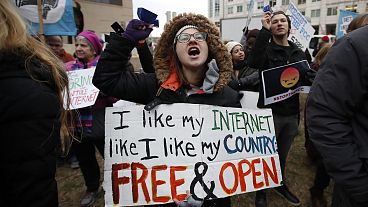By Iain Withers
LONDON -Sterling climbed above $1.38 against a broadly weaker dollar on Monday, supported by encouraging data the previous day showing a fall in COVID-19 cases in Britain.
The dollar lost ground across the board as investor focus turned to this week's meeting of the U.S. Federal Reserve.
Sterling has held up better than most major currencies in recent weeks, supported by Britain's high vaccination rate at a time when the Delta variant has caused cases to surge worldwide.
The pound was the second-best performing G10 currency over the previous week's five-day trading period.
On the day sterling hit 10-day highs against both the dollar and euro. Against the dollar it gained 0.6% to $1.38320, while against the euro it edged up 0.3% to 85.37 pence - both were the highest levels since July 16.
Data the previous day showed new COVID-19 cases in Britain had fallen for five consecutive days for the first time since February, although officials have been cautious over whether this is a trend.
Analysts noted the data does not yet reflect the removal of most restrictions on July 19, while hundreds of thousands of people have been self-isolating after being warned to stay at home by the coronavirus mobile phone app to prevent contagion.
"If we do not get any notable pick-up in infections over the coming days, market participants are likely to conclude that the UK government's strategy is working and that this strategy could be replicated in other countries with higher vaccination rates," currency analysts at MUFG said in a note.
"It could well help support risk sentiment through a period that tends to be a period of fragile risk appetite."
The Bank of England has its own meeting scheduled for next week. BoE interest-rate setter Gertjan Vlieghe said at an event on Monday the central bank should not scale back stimulus possibly until well into 2022, because a recent uptick in inflation is likely to be temporary and COVID-19 remains a threat to the economy.



